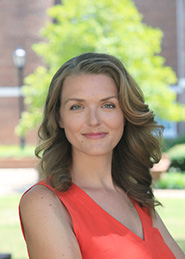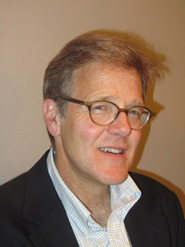
Our second summer seminar, “Virtue, Happiness, and Self-transcendence” is June 18 – 23, 2017 at the University of Chicago and features renown teachers in philosophy, psychology, and religious studies.
Our Seminar is intended for outstanding middle- and advanced-level graduate students and early career researchers in the areas of Philosophy, Psychology, and Theology/Religious Studies. Our aim is to involve participants in our innovative and collaborative research framework within these three fields, and to provide an engaged environment to deepen and enliven their own research.

|
Fr. Stephen L. Brock is Professor of Medieval Philosophy, Pontifical University of the Holy Cross, Rome. He earned a B.A. in Philosophy at the University of Chicago and a Ph.D. in Medieval Studies at the University of Toronto. Brock writes widely on Thomas Aquinas and action theory, ethics, and metaphysics. He is the author of The Philosophy of Saint Thomas Aquinas. A Sketch (Wipf & Stock, 2015) and Action & Conduct: Thomas Aquinas and the Theory of Action (T&T Clark, 1998). |

|
Jennifer A. Frey is Assistant Professor of Philosophy at the University of South Carolina and principal investigator with Virtue, Happiness, and the Meaning of Life. Prior to joining the philosophy faculty at UofSC, she was a Collegiate Assistant Professor of Humanities at the University of Chicago, where she was a member of the Society of Fellows in the Liberal Arts. She earned her PhD in philosophy at the University of Pittsburgh, and her B.A. in Philosophy and Medieval Studies (with Classics minor) at Indiana University-Bloomington. Her research lies at the intersection of philosophy of action and ethics, with a particular focus on the Aristotelian-Thomist tradition. |

|
Dan P. McAdams is the Henry Wade Rogers Professor of Psychology and Professor of Human Development and Social Policy at Northwestern University. A personality and life-span developmental psychologist, Professor McAdams has explored the role of life narrative in human development, and how themes of agency, redemption, and generativity shape American biography, politics, society, and culture. He is the author most recently of The Art and Science of Personality Development (Guilford Press, 2015) and The Redemptive Self: Stories Americans Live By (Oxford University Press, 2006/2013). |

|
Candace Vogler is the David B. and Clara E. Stern Professor of Philosophy and Professor in the College at the University of Chicago, and a principal investigator with Virtue, Happiness, and the Meaning of Life. She has authored two books, John Stuart Mill’s Deliberative Landscape: An essay in moral psychology (Routledge, 2001) and Reasonably Vicious (Harvard University Press, 2002), and essays in ethics, social and political philosophy, philosophy and literature, cinema, psychoanalysis, gender studies, sexuality studies, and other areas. Her research interests are in practical philosophy (particularly the strand of work in moral philosophy indebted to Elizabeth Anscombe), practical reason, Kant’s ethics, Marx, and neo-Aristotelian naturalism. |
For more information on the seminar, the sessions, and to apply, click here.
 Click the link below to hear our scholar Dan P. McAdams discuss his psychology research in generativity and redemptive life narratives.
Click the link below to hear our scholar Dan P. McAdams discuss his psychology research in generativity and redemptive life narratives.

